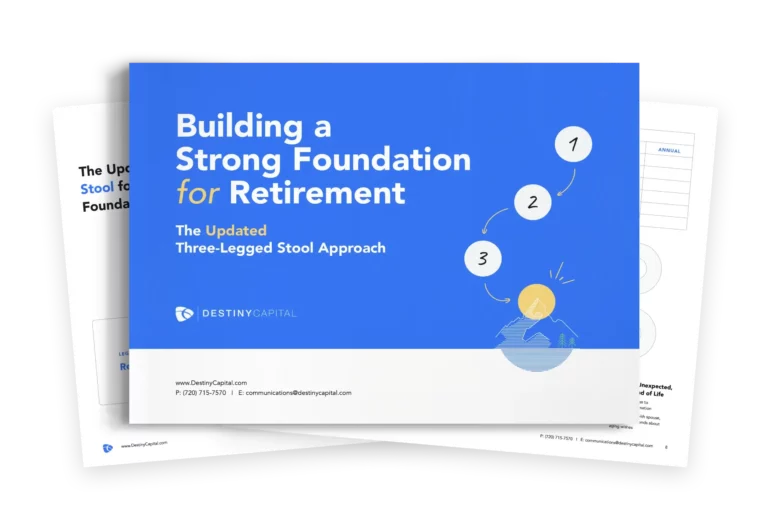
Being Intentional About Your Goals
“If you don’t know where you’re going, any road will get you there.” – Lewis Carroll
This is a paraphrased conversation between Alice and the Cheshire Cat, in Carroll’s Alice in Wonderland, where Alice wants to know how to get somewhere but isn’t really sure where it is she wants to go. While it all works out relatively well for Alice in the end, it isn’t the ideal approach for most of us when it comes to managing our business or career.
Part of our work at Destiny Capital is in understanding the business or career trajectories that our clients want and then being able to tie in the financial component, because at some point it always plays a role. Taking the example of a business owner who wants a business that generates $10,000,000 of annual revenue, our role is to help understand why that number is important to them. Is it because it just sounds like a nice round number that would mean “success” to them? Or, does it tie to a number that leads to the amount of total owner benefit they would like to receive?
Frequently, when we get into the process of trying to understand these business goals, it turns out that a revenue number, or salary figure, doesn’t really translate to what is most important. For this business owner, it might actually be that they want to be able to sell their firm at 55 years old for a net after-tax amount of $4M, because it allows them to retire debt-free with enough capital to buy an orchard for their next career as an apple farmer. Being able to understand this allows us to determine what their actual goal is, and it is our job to help get them there.
While most of our clients are in the mode of having a tangible goal around money, career advancement, creation, or impact, some of our clients come to us without defined business or career goals. A typical example of this would be a high achiever who simply wants to continue to excel, advance, and receive greater financial compensation for what they do. I get it, life involves competition and challenge, so continuing to take on the challenges as they come is an addictive cycle, and not necessarily a bad one. But doing so without thinking about what the end goal looks like can lead to burnout, and it may have consequences in other areas of their life.
Ryan Holiday writes about this in his book, called Ego is the Enemy: “It’s time to sit down and think about what’s truly important to you and then take steps to forsake the rest. Without this, success will not be pleasurable, or nearly as complete as it could be. Or worse, it won’t last. This is especially true with money. If you don’t know how much you need, the default easily becomes: more.”
When thinking about what you truly want out of your professional future, try to think about goals that aren’t directly tied to money or prestige. For instance, rather than thinking about how you would like to have a business earning $10M in annual revenue, try thinking about how many customers you serve or the innovative products that you will create. For your career, think about how you have impacted the employees you lead or mentor, rather than thinking about being Senior Partner, or another title you might aim for. Often, these types of metrics end up being much more closely tied to what you truly want out of your professional life.
Our job then becomes to help our clients understand the financial implications of working toward these various goals so that they can make informed decisions about how much time, money, and energy to devote to various initiatives. Being able to create financial structures and systems to reinforce the pursuit of goals allows our clients to focus their energies on achieving what truly matters to them.
Have any questions or concerns? We’re here to help!
{{cta(‘b98204c7-0e0e-4d3b-895d-e54ef00e4f97’)}}




